In this episode of the Smart Community Podcast, I have a great chat with Rohan Light, a public interest technologist who works on data strategy, governance and risk problems. Rohan tells us about his dual background in the country and the city, and his passion for people, communities, the society we live in and data governance. Rohan and I discuss how he got into the Smart Community space and what a Smart Community is to him, as well as what data means for our communities and how data governance issues can become democratic issues.
We discuss why it’s important that communities and government are engaging with data conversations and ethics, and the power of not only asking the communities the right questions but also of understanding the differences in language in their answers.
Rohan and I talk about the hidden problem of people who are not tech-enabled getting left behind, and the opportunities and challenges of baking Smart Community thinking and engagement into our essential services.
Rohan shares his thoughts with us on algorithmic bias, algorithmic accountability, creeping AI ethics issues and the paradox that things can be explained but not understood. Plus, the need to bridge the gap between expertise and communication of expertise.
We finish our chat discussing the emerging trend of the role of public art as a means of dealing with the techno shock we are experiencing, and why cities must get across the problem of the filter bubble and disinformation, online and offline. As always we hope you enjoyed listening to this episode as much as we enjoyed making it.
Listen here:
What we cover in this episode:
- Rohan’s dual background in the country and the city
- His passion for people, communities, the societies we live in and data governance
- How Rohan became involved in the Smart space
- What a Smart Community is to him
- What data governance means for our communities
- How data governance issues can highlight inequalities and become democratic issues
- Why it’s important that communities and governments engage with data ethics conversations
- The power of not only asking communities the right questions, but understanding the difference in language in their answers
- The hidden problem of people who are not tech-enabled getting left behind
- The opportunities and challenges of baking Smart Community thinking and engagement into our essential services
- Rohan’s thoughts on algorithmic bias, algorithmic accountability and creeping AI ethics issues
- The paradox of things that can be explained but not understood
- The need to bridge the gap between expertise and the communication of expertise
- The emerging trend of the role of public art as a means of dealing with techno shock
- Why cities must deal with the problem of filter bubbles and disinformation, online and offline
Quotes:
“The history of humanity is the history of people in cities, and the history of people in cities is marked by both love and hate of each other, and usually grounded in strong community identities.”
“My rule of thumb is every data issue is a society issue somewhere, and is going to be a rights issue somewhere. And so as we see, particularly in our current state, the issue of people, data and cities is very hot right now.”
“Basically, data broadly understood as a quantization of a person. So everything we do is quantized now and fed into various machine learning, big data, AI, automated decision making platforms. And we’re in that data stream, whether we like it or not. I think this is why it suddenly becomes a rights issue, when we have lots and lots of people’s data rights mingled in the same place, which is cities and communities.”
“Data governance issues suddenly become democratic issues, they switch really quickly. One moment, we’re having a conversation around the particular nuances of an algorithm powering facial recognition technology. And then we’re talking about the rights of people to a safe data sphere within cities. It morphs very, very quickly. And that’s when we start to see the disparate impacts, we start to understand how inequality is sort of baked into the way cities have been run in the past.”
“Why is it important? That comes down to the options that aren’t available to you. So we tend to think if we’re all part of the same community, then we’ll have the same set of options, but when we start digging into community and social issues, it’s really clear that not all of us have access to the same options. And that those options that are denied to various parts of society are invisible to them.”
[On good data governance.] “Our task is not to ask people to fill out a well calibrated survey instrument, our task is to understand what they mean when they say certain words. And it’s that difference in language that gives us a sense of where issues actually are.”
“The issue boils down to someone somewhere is making a decision about you. And their primary input is a computer that says No, or Yes. So it’s the fact that no one actually quite understands why the system said no, why your loan application was denied, why your rent is higher. That’s where there is no clear sense of accountability or transparency in the decision making. All of a sudden, we have a basic fundamental accountability issue. And that’s where I think the problem originates.”
“There’s so many tools out there that anybody can share and seem to be an expert in this space. But then without that deep knowledge of how this is operating, and how we can build it, people are building it and coding and all those type of things, we do lose that expertise, or that trust of expert advice.”
“Part of our task is to encourage these conversations so that the tech people walk away smarter. And the community people walk away smarter.
“I’m interested in the role art plays, and what the emergent new urban artists are making of this, particularly with facial recognition technology, and the growth of surveillance. How are they viewing the issue and how are they expressing it? Because I think that’s going to give us a bit of sense of what to work on.”
Links:
Rohan’s blog https://www.ouroborus.me/
The Markup Experiment, Citizen Browser https://themarkup.org/citizen-browser
Connect:
Find the full show notes at: www.mysmart.community
Connect with Rohan on LinkedIn
Connect with me via email: hello@mysmart.community
Connect with My Smart Community via LinkedIn or Twitter and watch on YouTube
The Smart Community Podcast is produced by Perk Digital.
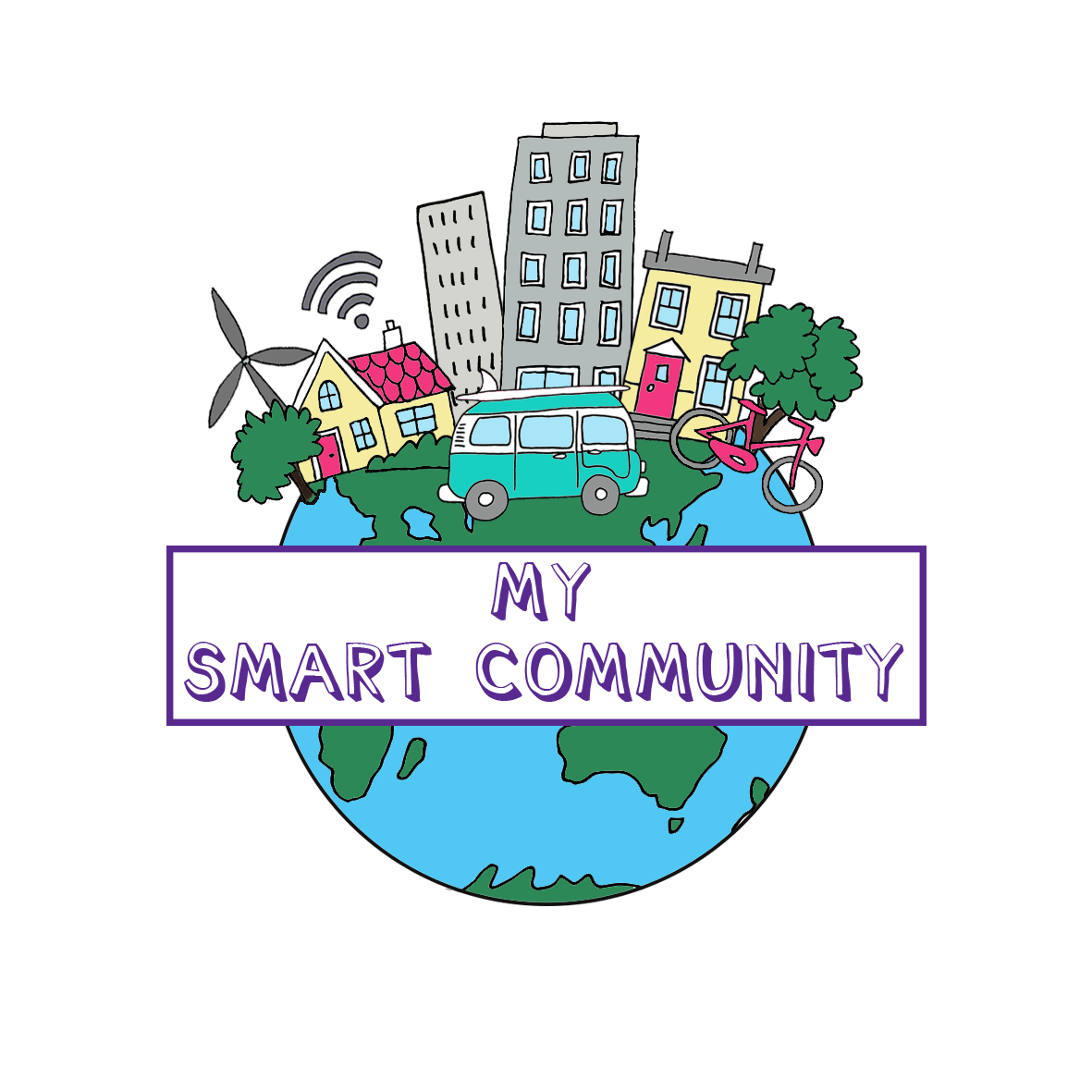
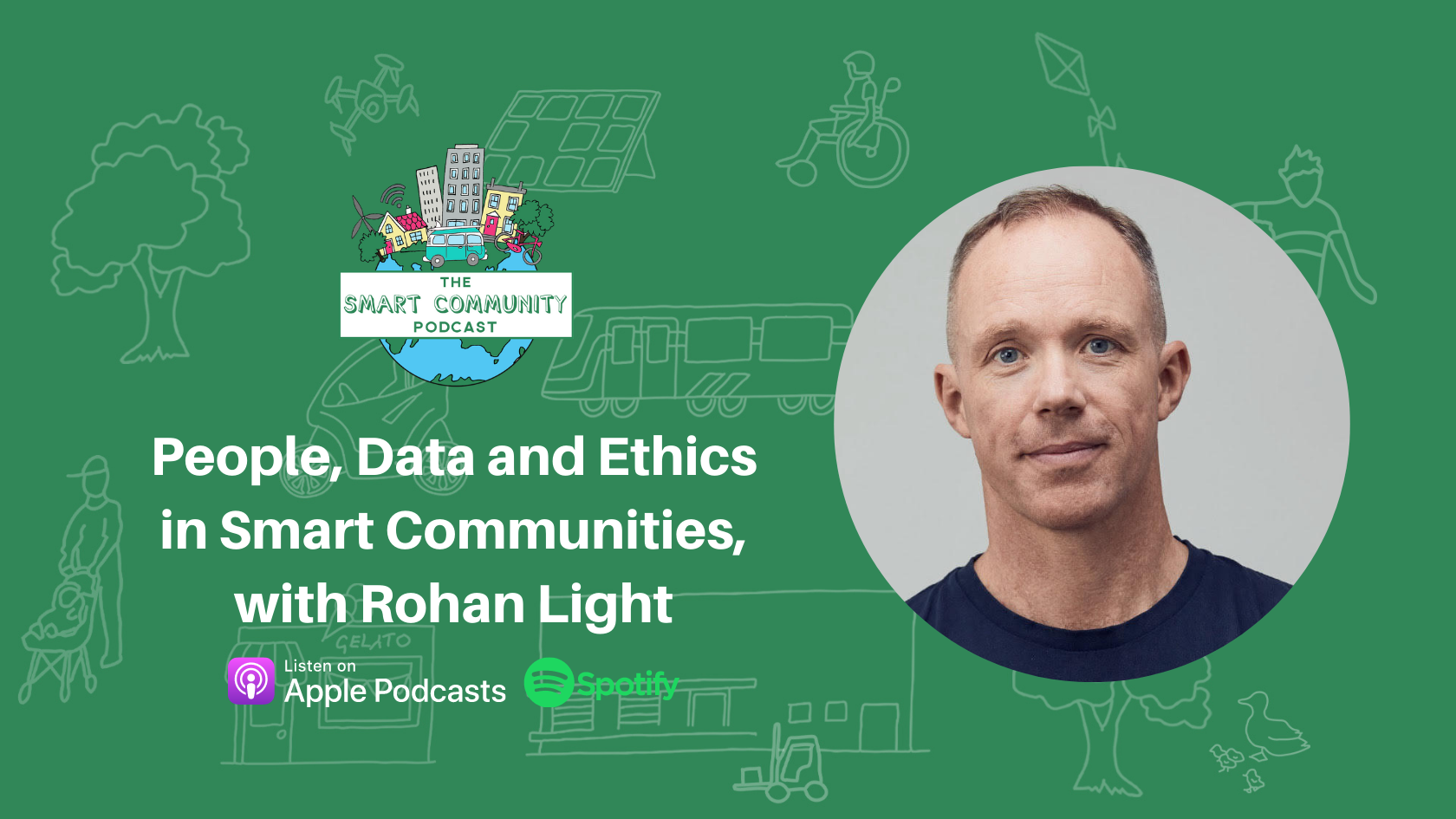
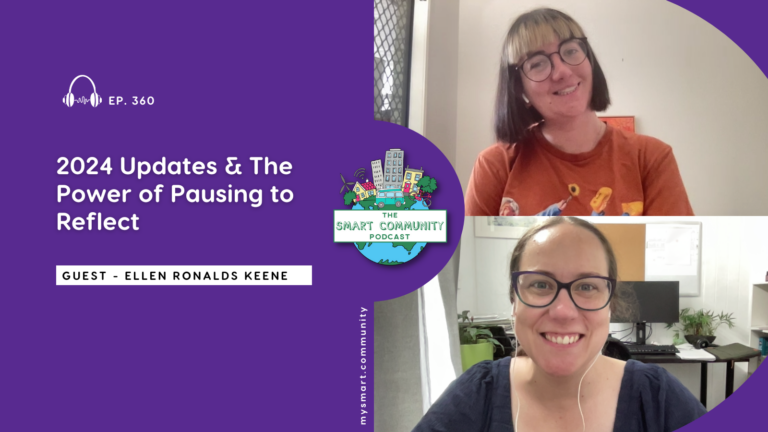
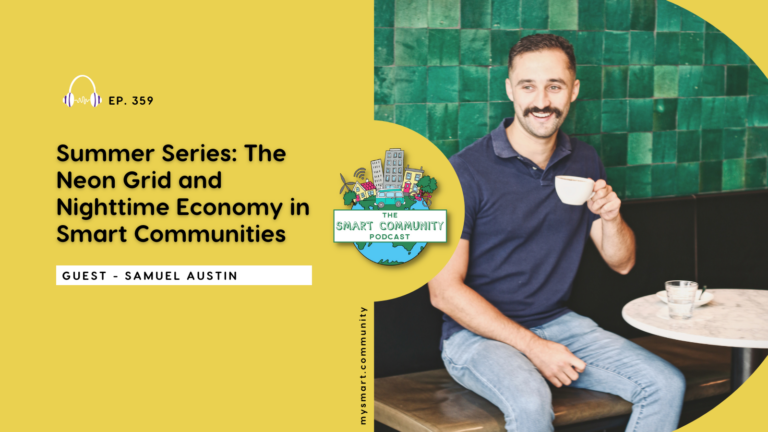
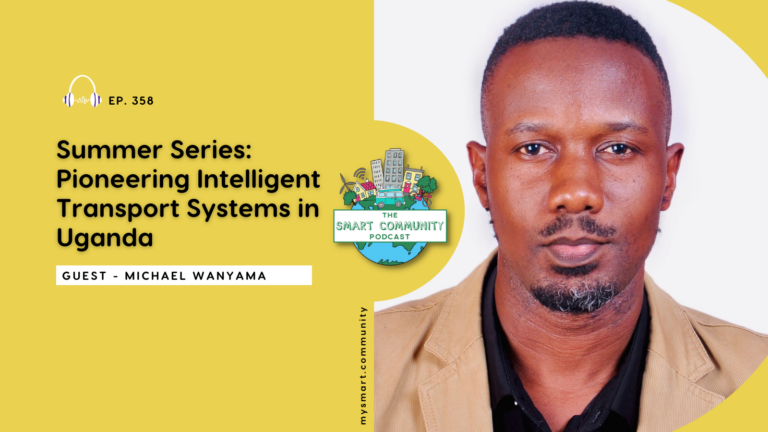

0 Comments